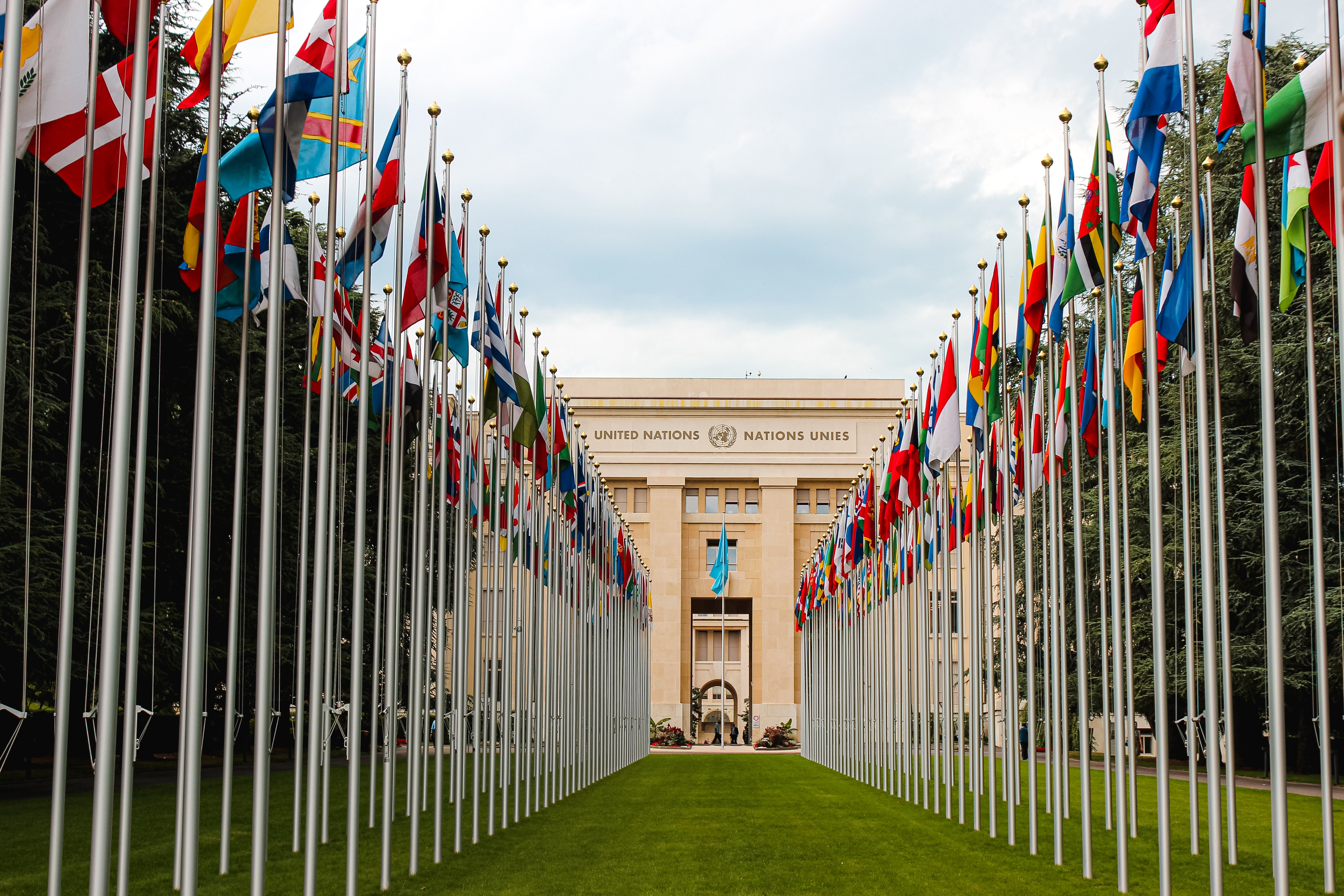Why we should forget about the United Nations to begin tackling climate change - Johannes-Maximilian Glahs
Whilst the world and its leaders are occupied with the Covid-19 crisis, and its subsequent economic fallout, another crisis looms in its shadow, that of climate change and a global temperature increase of more than 1.5 degrees.
Climate scientists have warned of the catastrophic impact of unmitigated global warming for decades, yet little of substance has been achieved in the United Nations (UN) negotiations on climate change aside from giving publicity to leaders who have made bold commitments that have yet to be backed up by substantial action. Whilst Rio 1992, Kyoto 1997, and Paris 2015 were all praised as the turning point on climate change, the international commitments made in these forums have remained shallow, whilst the world currently chases new carbon emission records.
Perhaps it is time to look to new methods of halting greenhouse gas emissions rather than relying on an international arena with many actors and an ambitious agenda – particularly given the cost and technical problems associated with switching entire electricity, transport and industrial systems away from fossil fuels and the current international negotiation format with its cumbersome decision-making process that requires unanimous agreement from all parties. At present, signing up a country that depends, for example, on the exploitation of oil for its economy would be impossible and this is before the issue of the UN’s resources, or lack thereof, are addressed.
Given the pressing nature of climate change and global warming, we need to consider alternative international institutions, which may offer new pathways and creative solutions. ‘Climate Clubs’, groups of countries that operate on a smaller scale than the UN, such as the European Union, could be a viable alternative.
Surprisingly, the EU, which is hardly a beacon of good practice given past CO2 emissions and its founding objectives to enhance economic prosperity, has managed to develop a world leadership role through its development of supranational climate legislation which has delivered results. Since 1990, the EU cut CO2 emissions by 22.4% and began to tackle the structural transformation required to move away from fossil fuels and towards renewable energy. The share of renewable energy in gross energy consumption more than doubled between 2004 and 2018 (from 8.5% to 18%).
So what lessons can be learned from these successes in terms of international climate policy? Most broadly, it can be observed that utilising ‘Climate Clubs’ with fewer countries and targeted agenda can be successful. In the case of the EU, countries that were committed to tackling climate change were able to entice other countries to adapt and comply with their ambitious measures.
This was done in a variety of ways, for example, through linking climate action with concerns about energy security, something that was particularly pertinent to former Communist Eastern European countries, who were wary of Russian power over their (non-renewable) energy supplies. In addition, European institutions advocated for and drafted feasible programmes which fairly shared the economic and administrative burden of tackling climate change. Whilst this can be interpreted as cynical in the sense that it spurred another layer of European integration, it is also a clear example of a ‘Climate Club’ cooperating to create ambitious and effective policy.
It is clear that ‘Climate Clubs’, such as the European Union, are able to contribute more successfully to the fight against climate change than the UN. However, the dynamics of the EU cannot be simply replicated given that the EU is comprised of relatively wealthy countries with a high societal concern about the climate and few fossil resources. Solutions to tackle climate change must be tailored to concrete circumstances, and whilst other ‘Climate Clubs’ will be different in composition, the technique of cross-linking climate issues with other issues is required for buy-in and effectiveness.
The possibilities offered by ‘Climate Clubs’ should not be ignored, particularly in the context of a UN with limited resources and limited success to date. To avoid further climate change and global warming, a fragmented international climate change regime might be the price we need to pay.
Johannes-Maximilian Glahs is a graduate from the School of Politics and International Relations at Queen Mary University of London and winner of the Mile End Institute Research Prize.
